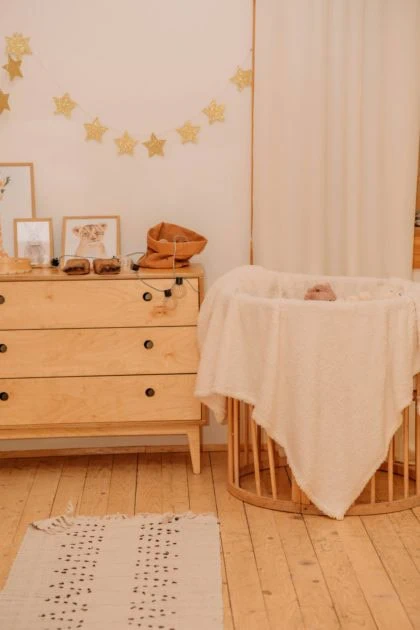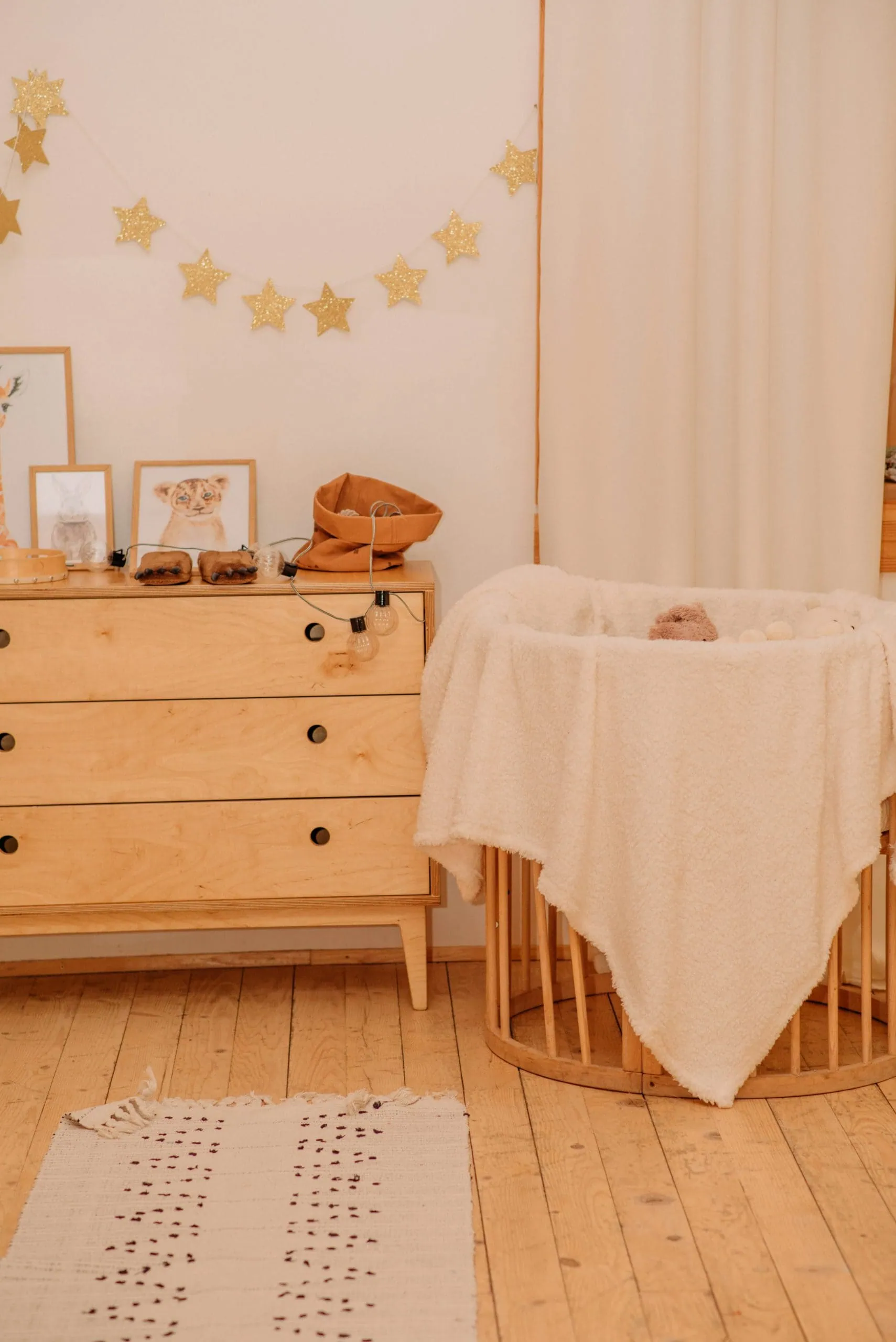Welcoming a new baby into your home is an exciting and life-changing event. However, preparing your house for your little one’s arrival requires careful planning and organization. I have three children and my experience with preparing for each baby was so very different. From setting up a nursery to ensuring your home is baby-proof, here are some of my best tips to get your home baby-ready.
My Biggest No-No’s!
Whether you’re preparing for your very first child or you’re a seasoned pro in the baby department, I found there are few items that don’t live up to the hype.
- Changing Table – This is one of the more pricey furniture items parents tend to include on their registry. It feels like a must-have to complete a baby’s nursery. If you’re limited on space or on a tight budget, skip this one. They’re bulky, they don’t get used for very long, and the reality is that you will be changing your baby’s diaper all over the house!
- Wipe Warmer – Sounds cozy, but babies don’t usually care. They dry out wipes, break easily, and aren’t very portable.
- Bottle Sterilizer – Unless baby has a medical need or you don’t have a dishwasher, boiling water or washing in a dishwasher works just fine.
- Baby Food Maker – If you already have a blender or food processor, you’re good! These gadgets just take up space.
- Baby Bathtubs with All the Bells and Whistles – Some are massive, hard to store, or awkward to use. A simple sink insert or compact tub works just as well.
- Limited Use Items – Think car seats, baby toys, accessories, anything that has a single use or will only be used for a short period of time. Opt instead for all-in-one car seats that will grow with your child, toys that adjust with your child’s developmental stages, and highchairs that can be converted into a booster seat.
- Non-Transferables – I love a good hand-me-down. However, not all baby gear makes it to round two. Seasonal differences in birth months and unexpected baby preferences may prevent some of your previous items from working for a new baby. Don’t stock up on items you expect your new baby to love based on your previous experiences. Be ready to pivot if you find your new baby doesn’t take to items your older children loved, such as pacifiers, swaddles, swings, playmats, etc. Pro tip: Wait, see, buy.
Let’s Get Organized!
While you don’t need to buy everything before the baby comes, newborns do come with their fair share of chaos. A little prep now will bring some peace later as you enter those early months of sleep-deprivation and exhaustion. Because let’s face it, middle-of-the-night diaper blowouts are not the time to dig through piles. Your future will thank you.
1. Declutter and Organize Your Space
Before bringing home your baby, take time to declutter your home. Babies may be small, but their essentials take up a surprising amount of space! Go through each room and remove unnecessary items to create a more organized environment. Consider donating or storing items you no longer need to make room for baby gear, clothes, and toys.
2. Create a Dedicated Baby Space
A nursery isn’t always a necessity, but having a designated space for your baby can be incredibly helpful. If you have a spare room, set it up as the nursery with essentials such as a crib and dresser. If space is limited, carve out a cozy corner in your bedroom with a bassinet, diaper caddy, and storage bins for baby clothes and essentials.
3. Baby-Proof Your Home
Safety is a top priority when preparing for a baby. Take these baby-proofing steps to ensure a secure environment:
- Install outlet covers and corner protectors.
- Secure heavy furniture to the walls.
- Use cabinet locks to prevent access to hazardous items.
- Keep small objects, cords, and choking hazards out of reach.
4. Stock Up on Essentials
Make sure you have all the baby necessities before your little one arrives. Some must-have items include:
- Diapers and wipes
- Bottles and formula (if not breastfeeding)
- Baby clothes (newborn to 3-month sizes)
- Swaddle blankets
- Bathing and grooming supplies
- Car seat (installed and ready to go!)
5. Set Up Feeding and Changing Stations
Newborns require frequent feedings and diaper changes, so having a convenient setup is key. Create a feeding station with bottles, burp cloths, and a comfortable chair. Likewise, have a well-stocked diaper-changing area with diapers, wipes, creams, and extra clothes.
6. Prepare for Sleep and Comfort
Sleep is essential for both babies and parents. Make sure your baby has a safe sleeping environment with a firm mattress, fitted sheets, and no loose bedding. White noise machines, blackout curtains, and soft nightlights can also help create a soothing sleep environment.
7. Think About Storage Solutions
Babies come with a lot of stuff! Maximize your storage space by using bins, shelves, and under-crib storage. Organize baby clothes by size and keep frequently used items easily accessible.
8. Plan for Easy Accessibility
Place baby essentials in convenient locations around the house. Keep diaper caddies in multiple rooms, store extra onesies near changing stations, and have burp cloths handy in different areas.
9. Meal Prep
Meal prepping before baby arrives is a game-changer. You won’t always have time (or hands) to cook in those early days, so having ready-to-go meals can make life so much easier. Freezer meals for easy dinners and plenty of healthy and filling snacks such as granola/protein bars, string cheese, pre-cut fruit and veggies, or trail mix are a must. Feed yourself while you’re feeding your tiny human.
10. Stay Flexible and Adapt
No matter how much you prepare, parenting is full of surprises. Stay flexible and adjust your setup as needed based on your baby’s needs and your lifestyle. With time, you’ll find what works best for you and your little one.
Preparing your home for a baby doesn’t have to be overwhelming. By planning ahead and making small adjustments, you can create a warm, safe, and loving environment for your newest family member. Enjoy the journey and cherish every moment with your little bundle of joy!



